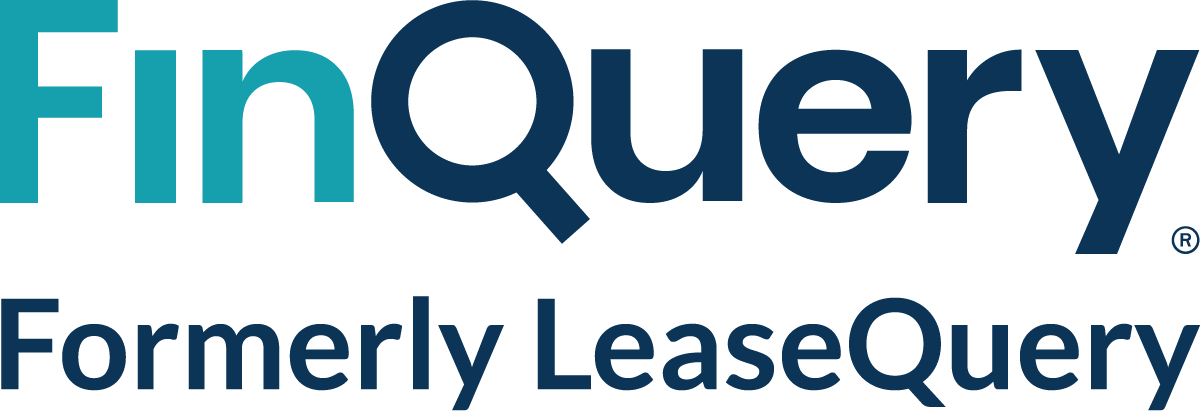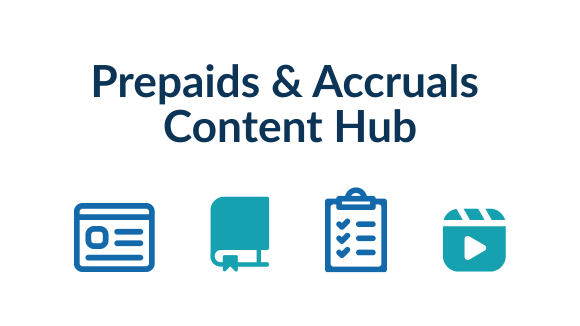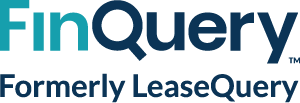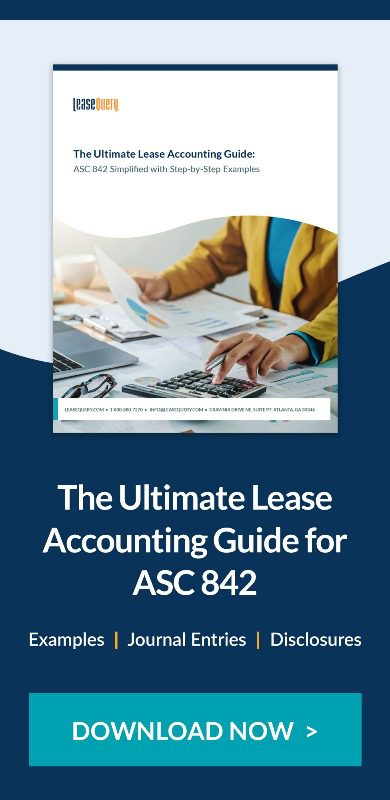So, the accounting software vendor you rely on for financial reporting, journal entries, and audit support was just acquired. Now what? While it might seem like business as usual at first, this kind of change can have a material impact. Here’s your guide to navigating this transition and ensuring you’re still getting the best accounting solution for your needs.
- Don’t Wait to Develop a Plan
Acquisitions are complex, so your accounting vendor and their acquirer will likely have a preplanned message meant to keep you calm. While there are several examples of these types of acquisitions not affecting customers, there are just as many where your experience will change. Now is the time to thoroughly assess the situation, evaluate your needs, and proactively plan for the future. No one ever got fired for having a “Plan B.”. This might involve:
- Reviewing your existing contract
- Finding out which people in your organization are currently relying on the software
- Researching the acquiring company
- Exploring potential alternatives
By taking a calm and strategic approach, you can navigate this transition smoothly and ensure you continue to have the best accounting solution for your business, even if it means eventually switching to a different vendor.
- Read the Fine Print
Now’s the time to dust off that contract and examine it with a magnifying glass. Don’t just skim it – really understand the terms, conditions, and those sneaky clauses hidden in the legal jargon. Pay close attention to these areas:
- Renewal Dates: When does your current contract expire? What is your notification window? Knowing this gives you leverage and time to plan your next move.
- Termination Clauses: Are there any conditions under which you can terminate the contract early? An acquisition might qualify, giving you an out.
- Contract Length: Have they historically forced you into a multi-year contract? Are you comfortable renewing for multiple years with the uncertainty around the product, support, and future innovation?
- Research the Acquirer
Here are some key items to evaluate:
- What are the core products the acquirer sells? Do they derive most of their revenue from accounting focused products? Is the product you use a focus of the acquirer or is this part of a smaller division?
- Competing product focus: Does the acquirer already have a competing product? If so, are you sure you won’t be forced to migrate a year or two from now? They won’t continue innovating both products. Which product do you think they’ll spend R&D dollars to improve?
- Reputation: Are the acquirers’ customers happy with their related solutions? How do customers rank them for products similar to the one you use on G2.com (for example, LeaseQuery is under “lease accounting software”)?
- Acquirer ownership structure: Are they a founder-led private company, private-equity owned, or a public company? Each type of business has different incentives and willingness to invest in innovation.
- Consider Your Options
As stated before, there’s no harm in exploring alternatives and having a “Plan B.” Even if you’re 90% certain your experience and support won’t be affected, that leaves a 10% chance it will. Here’s what to do:
- Explore alternatives: Research other lease accounting software solutions that better align with your requirements. All vendors will say their product is the best so use 3rd party resources that aggregate customer reviews and rankings.
- Evaluate what you like and don’t like about your current solution: What features do you like the best? Would you rank your customer support great, good, or poor? What is most important to you in an accounting software vendor: price, functionality, or support?
- Don’t overcomplicate your evaluation: You didn’t ask for your accounting vendor to be acquired so you didn’t plan on spending time evaluating several alternatives. If you pull in multiple colleagues to see several vendor demos that take away from the day-to-day activities your boss still expects you, and them, to complete. Evaluate one option at a time and if you find a solid alternative at a price that makes sense then don’t waste time. You’ll need all the time you can get to properly plan a smooth transition.
- Plan your transition: If you decide to switch, develop a clear transition plan to minimize disruption. Any reputable vendor should have experience transitioning customers from your current solution to theirs. Make sure to ask several questions to ensure a smooth transition.
If it was your lease accounting vendor that was acquired, explore your lease accounting options and discover why LeaseQuery, powered by FinQuery is the leading solution for compliance and efficiency.







